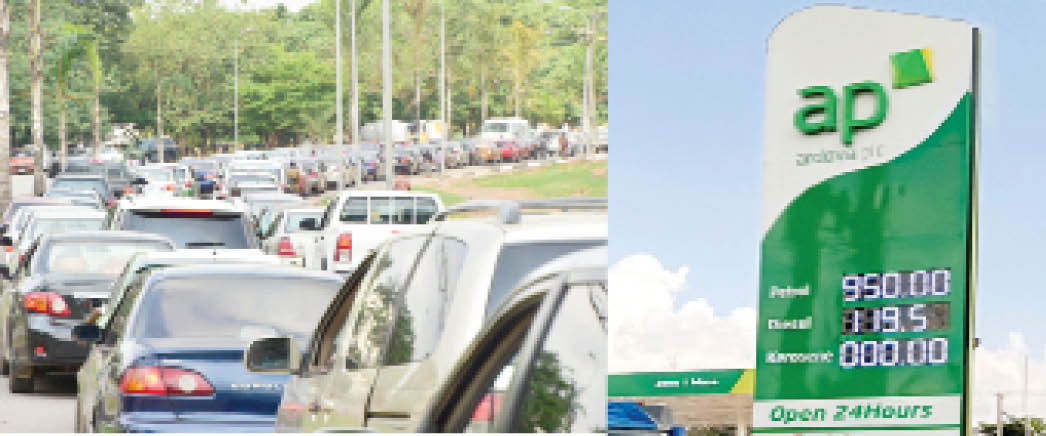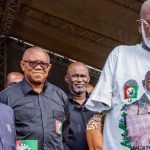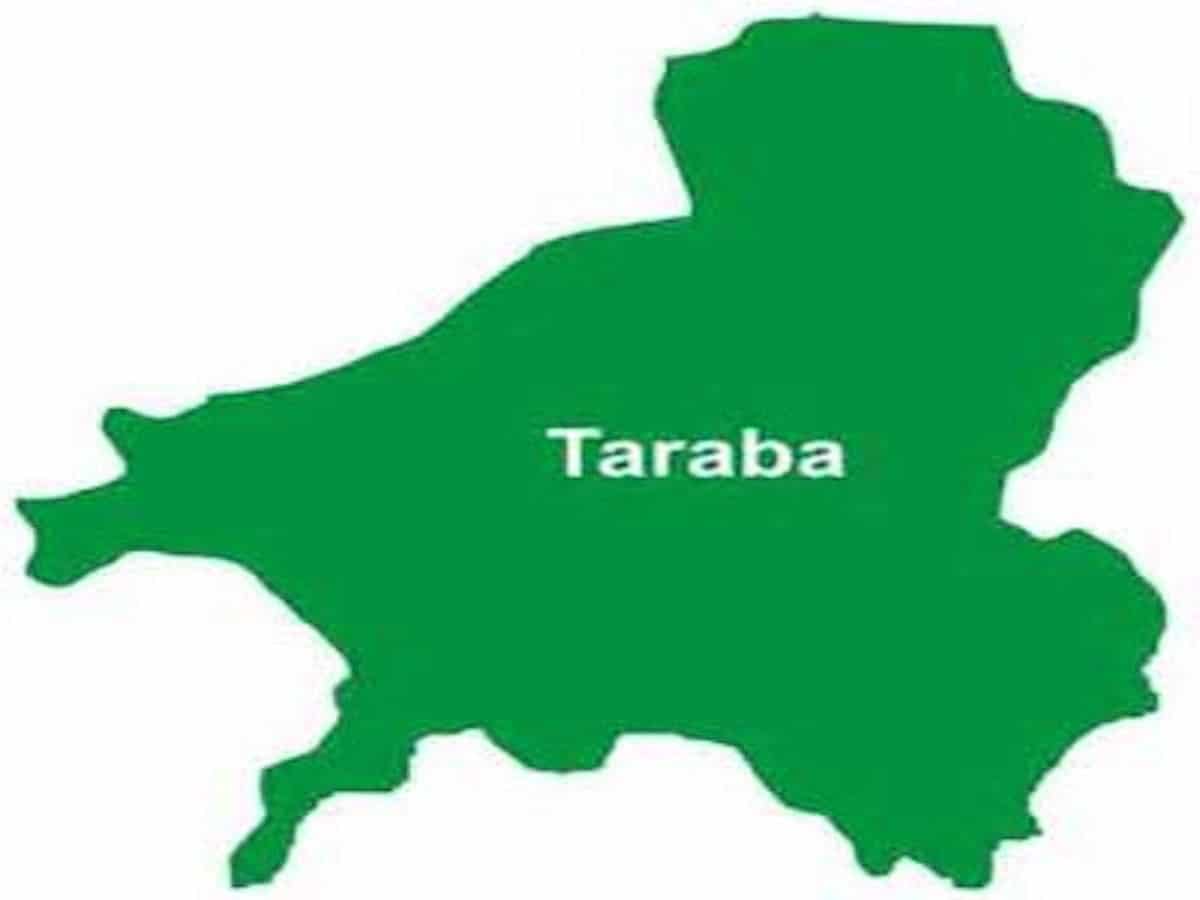The recent increase in petrol prices, now ranging between N855 and N1,200 per liter, has caused a 50% surge in transportation fares across Nigeria. The hike, announced by the Nigerian National Petroleum Company Limited (NNPCL), has placed additional financial strain on Nigerians, with commuters and transporters in major cities such as Abuja, Lagos, Kano, and Port Harcourt grappling with skyrocketing costs.
Civil servants, such as Adeolu Segun in Abuja, now pay N1,500 to travel from Zuba to Berger, up from N1,000, while Mrs. Zainab Ibrahim, a mother of six from Kubwa, laments a fare hike from N500 to N1,000. The rise in transport costs has left many trekking long distances to avoid the expense.
Transporters have defended the increase, citing the sharp rise in petrol prices as the cause. Ismaila Danjuma, Secretary of the National Union of Road Transport Workers (NURTW) in Zuba, confirmed that the fare hikes directly correspond with the increased fuel costs.
In Kano and Port Harcourt, residents have resorted to walking as tricycle fares have risen by 50% and up to N1,200 per liter of petrol is now being sold by independent marketers. In response to the new reality, residents in Ondo, Taraba, Borno, and Yobe states have also reported increased fares, leaving citizens frustrated.
The Manufacturers Association of Nigeria (MAN) warned that the petrol hike could spur inflation, pushing the prices of goods and services even higher. “The cost of transportation has risen, leaving consumers with less disposable income,” said MAN Director-General Segun Ajayi-Kadir.
Protests have started to emerge as a result of the petrol price increase. The National Association of Nigerian Students (NANS) plans a large-scale protest on September 15, 2024, demanding an immediate reversal of the price hike. The pan-Yoruba socio-political organization, Afenifere, and the Peoples Democratic Party (PDP) have also joined the Nigeria Labour Congress (NLC) in calling for a rollback of the fuel price increases, warning of a potential rise in inflation and economic hardship for the average Nigerian.
Meanwhile, the Trade Union Congress (TUC) has criticized the federal government for the lack of consultation before implementing the price increase, describing it as a decision that will exacerbate poverty and social unrest.






2 Comments